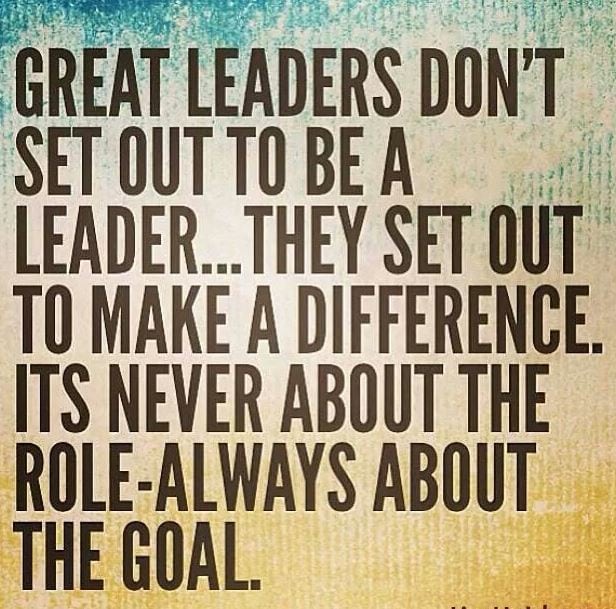
Advocacy versus Activism: What is the difference?
March 6, 2018Disability and Death
March 16, 2018The measure of a society is in how it responds to its dispossessed: to those among us who have lost their purchase on the good life, the benefits of a wealthy country, social security. In a good society, we know that while wealth may be individually accumulated, it is generated in endless webs of collaboration and connection that create mutual obligation. We know that whatever our position or power, that dispossession for any of us may be a single tragedy or trauma away. And that our common connection means that we cannot be happy in the awareness that our neighbour is in deep need.
Homelessness is the public face of dispossession. Its roots reach into dark places in our history, in our polity, in our culture. Especially, in the loss of land, the means of economic welfare, for Indigenous Australians: for many, just two or three generations ago. And in the struggle by those who live with mental ill-health, who find themselves falling short in their attempts to service the expensive complexity of the contemporary housing formula.
As a society, we have not taken good care of this. We have stripped away ordinary possibilities, and left nothing in their place. We have allowed the price and provision of housing to be driven by forces which did not have human need at their source. We have not invested in alternatives to markets driven by speculation and easy money. Those of us in secure houses have watched while the cancer of dispossession has spread, darkening first the margins but with veins penetrating many of our families: wherever there is precarity, wherever a secure economic base has been difficult to find, wherever health has been fragile, wherever addiction has caught a person and left them exposed.
This must stop. The balance between the mobilisation of housing for wealth generation, especially for speculative accumulation, and the mobilisation of housing for places for people to live must be redressed. A home is a right. Governments have an obligation to intervene in markets to reward the provision of houses for homes and to discourage speculative growth. Where markets fail, a basic obligation of the social contract is to build public housing and to subsidise those who cannot pay what inflated markets demand.
This obligation is not new, and government is no stranger to it. A legacy of public and community housing exists, however diminished and deteriorated. Even this resource is subject to inefficiency, administrative duplication and waste. The obligation calls for a comprehensive audit of existing provision and the structures under which it is provided, at all levels of government and in the non-government sector. It calls for an expansion of this resource, but also for its delivery and the policies that govern it to be as focused and precise as they can be. It will require governments and those outside government to work together. It will take leadership, the courage to do things differently and the humility to work with people who know homelessness at close quarters.
The reach of dispossession is multifarious. Aboriginality has already been noted, but we know also that people released from prison, young people leaving care, victims of domestic violence, refugees and recent immigrants are often caught in its cycles. While others need also to have their voice heard, we recognise particularly in this moment the claims of those who struggle with mental ill-health. Caught in Catch-22s of eligibility, assessment and availability, many find no possibility of a home in the matrix of policy and provision that they face. Provision is always conditional, and often subject to conditions that must be met before a home is provided.
A home cannot be conditional. A home is a need, a right. A home is the condition for human existence worth the name, and for mental health itself, a foundation to recover and regain social connections. We understand that the struggle with mental illness has wide impacts, within and outside the four walls in which one lives. Other supports are important too: housing is not the only domain where we have not taken good care of people with mental difficulty. And mental illness intersects with other bodies of dispossession: of race, especially Aboriginality, of institutionalisation, of unemployment, of addiction, of child removal.
In this moment, we call especially for the claims of those will mental illness to be recognised and for provision for them to be made, supported, preserved and protected. For too long, we have watched this crisis unfold. It is time now to act.



